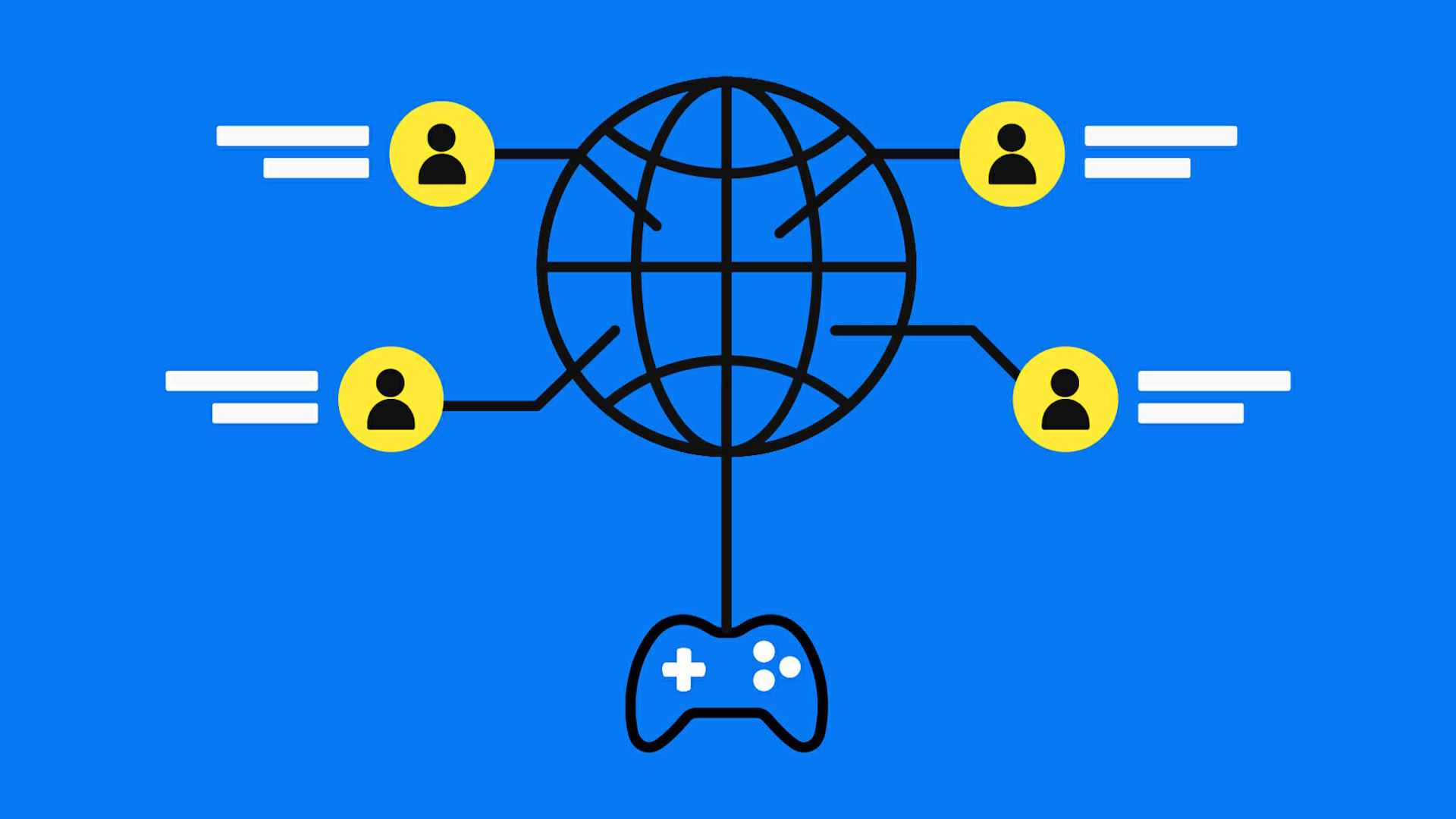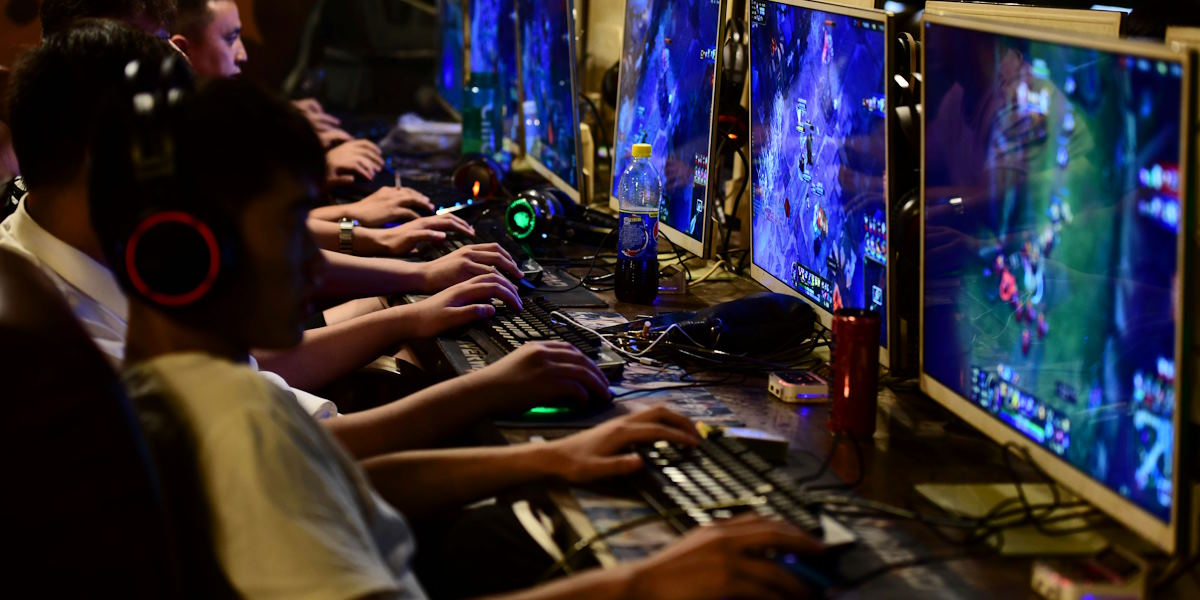Video games have always been a form of entertainment, but in recent years, they’ve evolved into much more than just a way to pass the time. Today, gaming is becoming a social space where players can connect, communicate, and collaborate in virtual worlds. In this article, we will explore the evolution of multiplayer experiences in gaming, gaming as a virtual social space, and the rise of in-game events and social gatherings.
The Evolution of Multiplayer Experiences in Gaming
The multiplayer gaming experience has come a long way from its humble beginnings in arcade games and LAN parties. With advancements in technology and the rise of the internet, gaming has shifted to online platforms where players can join in real time from anywhere in the world.
- Early multiplayer: In the 90s, multiplayer experiences were limited to local connections and basic online modes, such as Doom or GoldenEye.
- Modern multiplayer: Today, games like Fortnite, Call of Duty, and Minecraft allow players to connect in vast virtual worlds, teaming up for missions, competitive gameplay, and social interactions.
These advancements have opened the doors for video games to function as social platforms, creating a space where players interact far beyond just gaming.
Gaming as a Virtual Social Space for Communication and Collaboration
One of the most exciting developments in the gaming world is the rise of gaming as a virtual social space. Players can chat, collaborate, and even form long-lasting friendships through their in-game avatars.
- Voice and text chat: Many games have integrated communication tools, allowing players to coordinate strategies or just chat during gameplay.
- Team-based collaboration: Games like League of Legends and World of Warcraft promote teamwork, as players must communicate and work together to achieve in-game goals.
This shift in focus from gaming as a solo activity to gaming as a collaborative and social endeavor has transformed how people view their virtual interactions.
The Rise of In-Game Events and Social Gatherings
Another key aspect of gaming becoming a social platform is the rise of in-game events and social gatherings. Game developers have recognized the potential for gaming to function as a venue for larger-scale social experiences, like concerts, celebrations, and meetups.
- In-game events: Fortnite and Animal Crossing have famously hosted events, such as concerts and seasonal festivals, where players can gather in the game’s virtual world.
- Virtual hangouts: Players can now attend social events, interact with other players, and share experiences in ways that go beyond just playing.
Video games have transformed from being simply a form of entertainment into dynamic social platforms that offer real-time collaboration, communication, and social interaction. As the line between gaming and socializing continues to blur, the future of video games will likely be defined by even more innovative ways to connect, celebrate, and build communities in virtual spaces.






